A new bill in California targets solitary confinement, including in private immigration detention
Advocates in California have expressed their support for new legislation that challenges the use of solitary confinement in the state’s jails, prisons, and private immigration detention facilities. The bill, AB 2632, is called the California Mandela Act on Solitary Confinement and was authored by Asm. Chris Holden (Dem) representing the 41st California Assembly District. The legislation intends to limit the use of solitary confinement across all facilities and completely end the practice for specific populations, including people with disabilities, pregnant women, and certain age groups. The bill is partly inspired by the United Nation’s Nelson Mandela Rules, designed to protect the human rights of those in prisons worldwide.
“Rehabilitation is lost once you put someone in a solitary confinement setting,” said Assemblymember Chris Holden in a press release announcing the bill. “Our constitution prohibits torture, and I believe that the use of prolonged solitary is wrong, both morally and also concerning the rehabilitation of individuals in jails and prisons.”
The legislation comes at a time when a growing number of states and countries have begun to reexamine whether the use of solitary confinement is justified in carceral settings. New York and Colorado passed bills in 2021 that accomplish many of the objectives set forth by the Mandela Act and mirror the Mandela Rules adopted by the United Nations General Assembly. This recent movement on the issue is centered on a growing consensus that solitary confinement constitutes torture.
This consensus, based partly on a growing body of research and agreement among experts and advocates, is now emerging. On February 16th, the Washington Post’s Editorial Board published a piece entitled “Call solitary confinement what it is: Torture” and highlights the case of Dennis Wayne Hope, a man who has been held in solitary confinement in Texas for 27 years. Hope has a pending case asking the United States Supreme Court to decide whether his time in solitary violates the Eighth Amendment’s ban on cruel and unusual punishment.
Meanwhile, advocates in California believe that the state must take action to end the use of solitary, citing heartbreaking examples, including the shocking story of a woman who gave birth while alone at the Santa Rita jail, as well as examples of people held in solitary for decades.
In fact, California was once the state with the most individuals serving the longest periods of solitary confinement. Thanks to a concerted effort to organize by those inside these facilities and impact litigation by advocates, these numbers have been reduced. Yet, solitary confinement continues to be a major issue in the state.
While a few states have passed legislation on the issue, California’s bill could be the first to include private immigration detention facilities used by ICE to detain immigrants. In 2020, a 74-year-old Korean man died after being held in solitary confinement at the Mesa Verde detention facility. The death sparked outrage among advocates who noted that the man’s age and medical history should have prevented him from ever being placed in solitary.
In 2021, Carlos Murillo Vega filed suit against a private detention operator after he was held in solitary confinement for 14 months at the Imperial Regional Detention Facility. The facility was the subject of a 2020 report released by the Office of the Inspector General, citing the facility's abuse of solitary confinement against immigrants detained there. The report noted, “[W]e determined detainees were held in administrative segregation for prolonged periods of 22 to 23 hours a day, including two detainees who had been held in isolation for more than 300 days.”
Murillo provided a quote along with a number of other impacted individuals in a press release by advocates sponsoring AB 2632. After many years of advocacy, the press statement hailed the legislation as an important first step. “Today, the California Mandela Act builds on the decades of work done by detained individuals, activists, and organizers to shed light on the darkness that is solitary confinement and continue to move towards the ultimate goal of liberation for all.”
The bill is being sponsored by Immigrant Defense Advocates, NextGen California, Disability Rights California, Initiate Justice, California Collaborative for Immigrant Justice, and the Prison Law Office – whose staff attorney, Margot Mendelson, serves on the Board of Directors for Immigrant Legal Defense.
